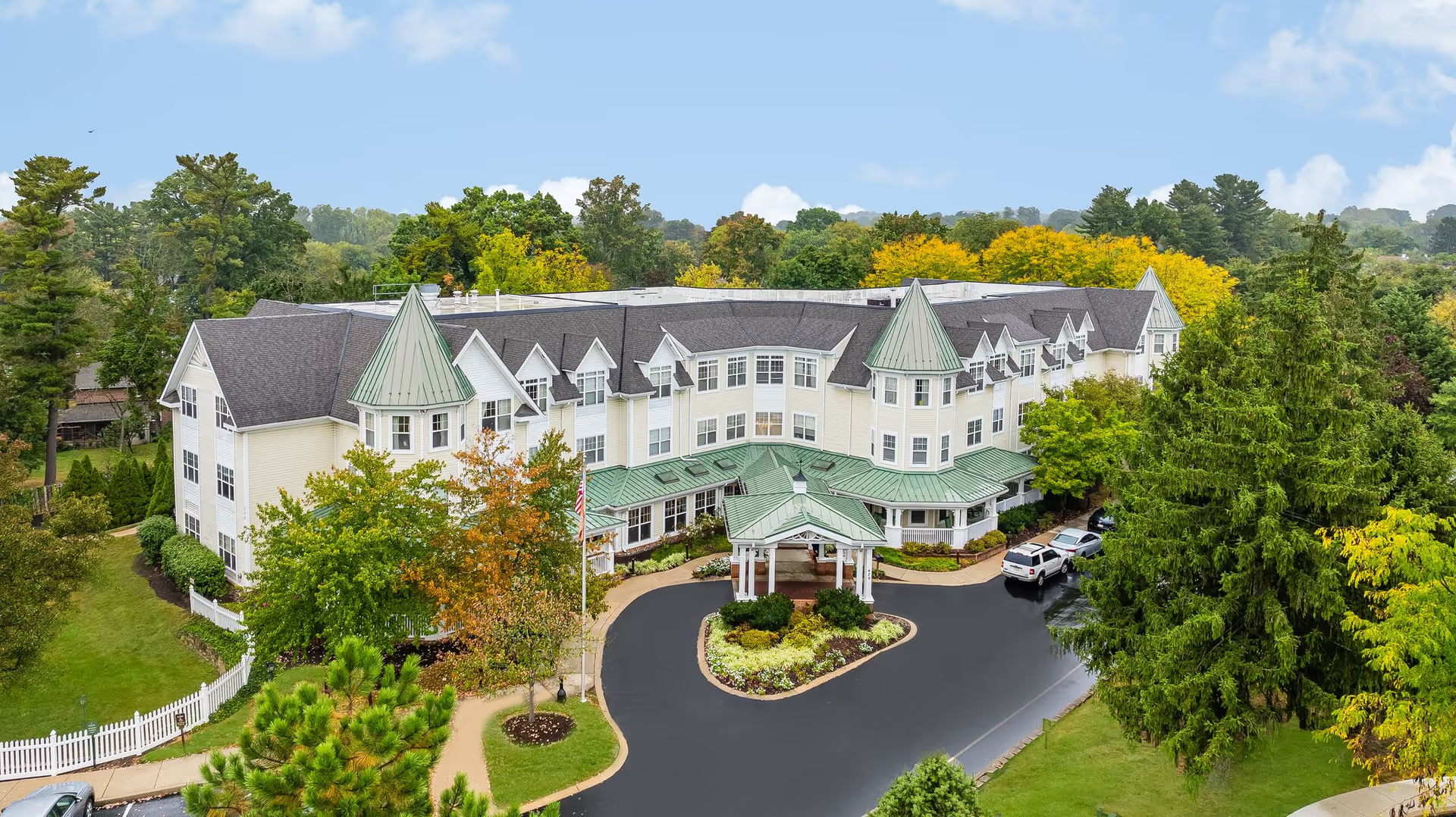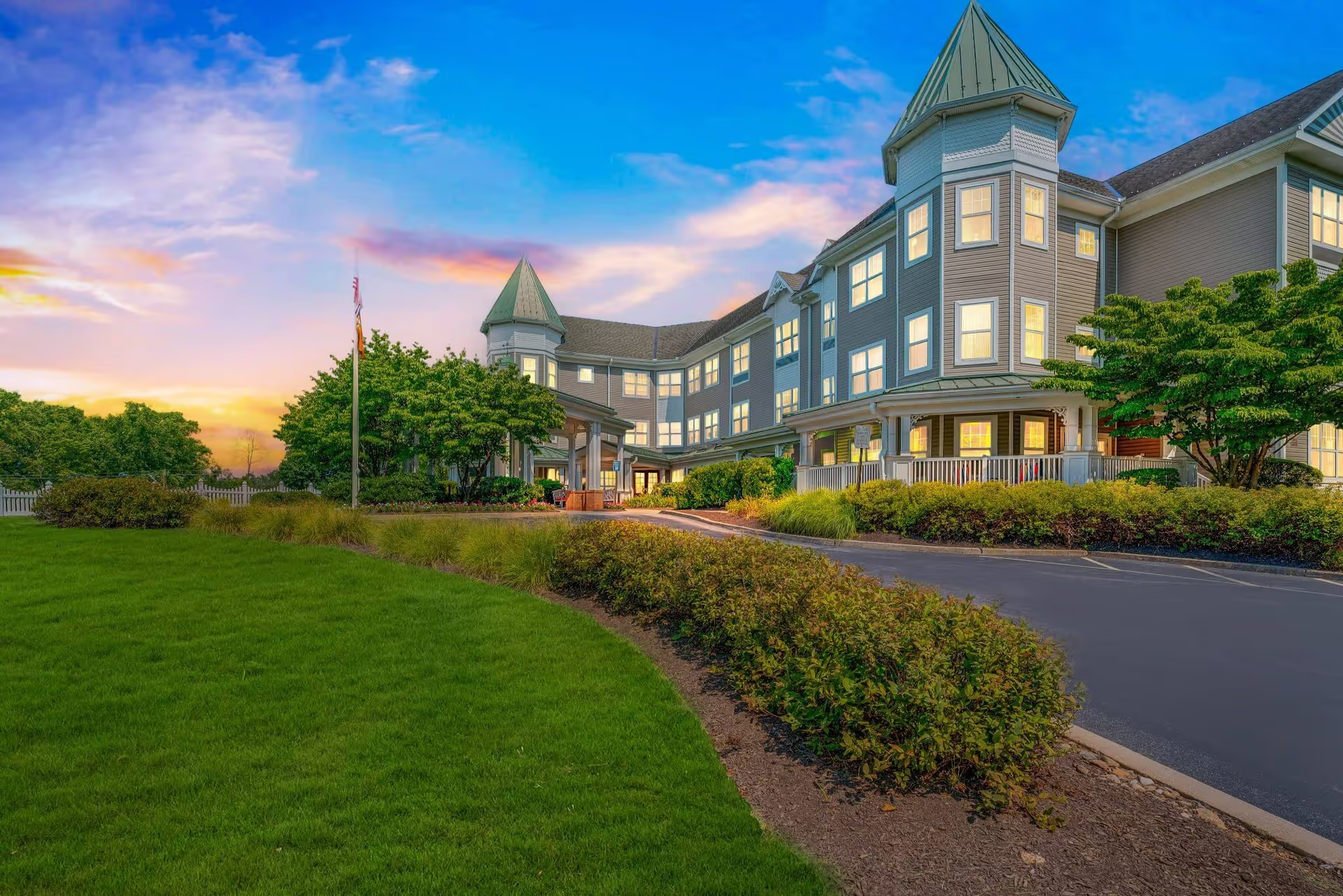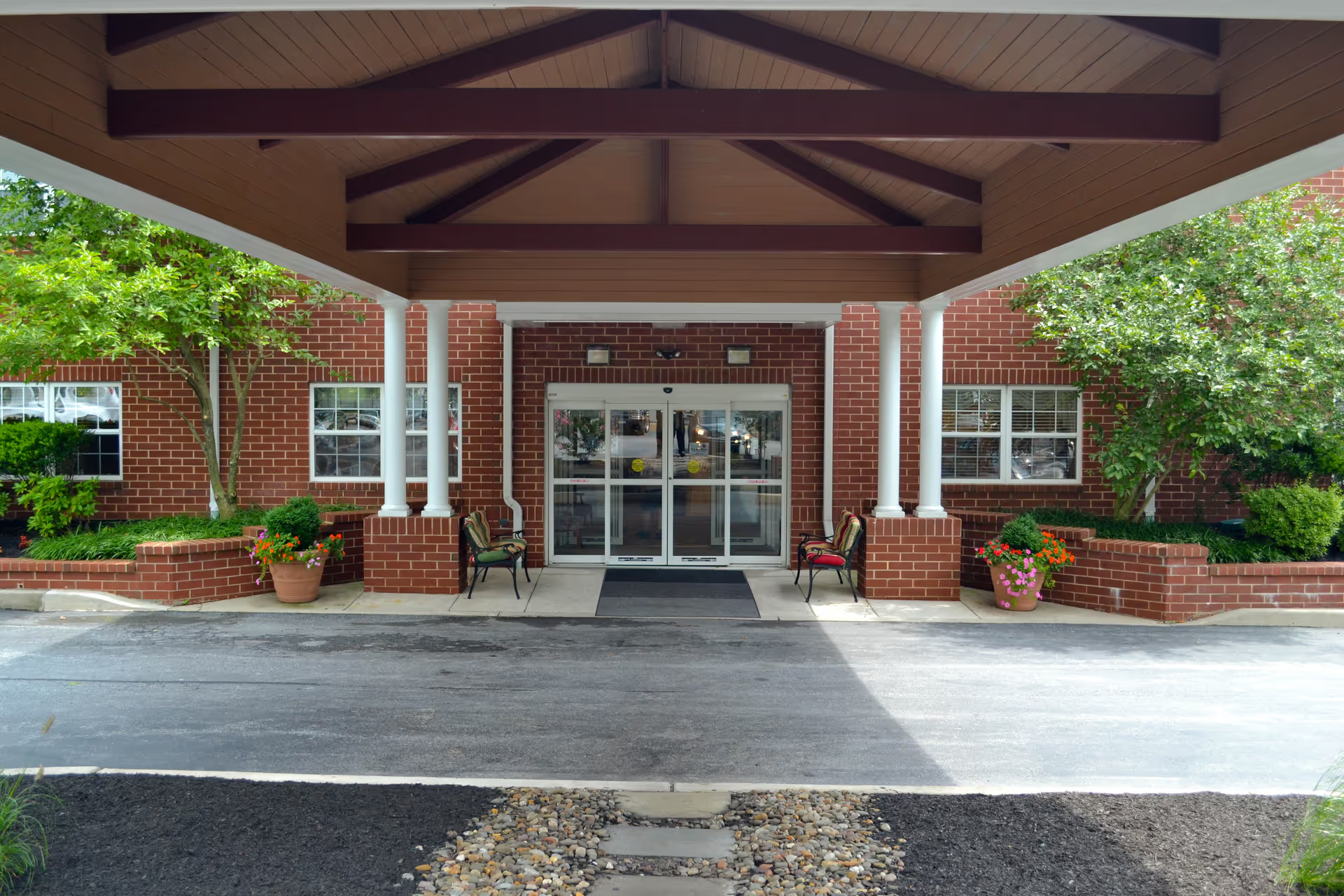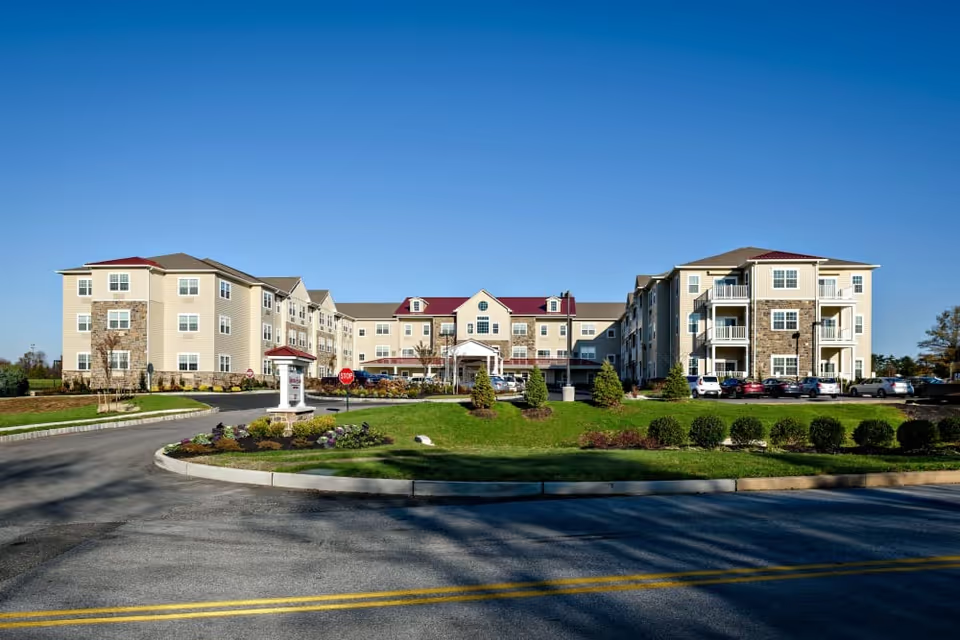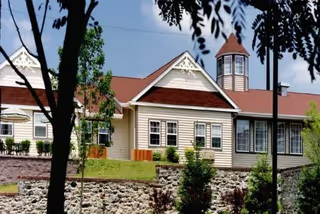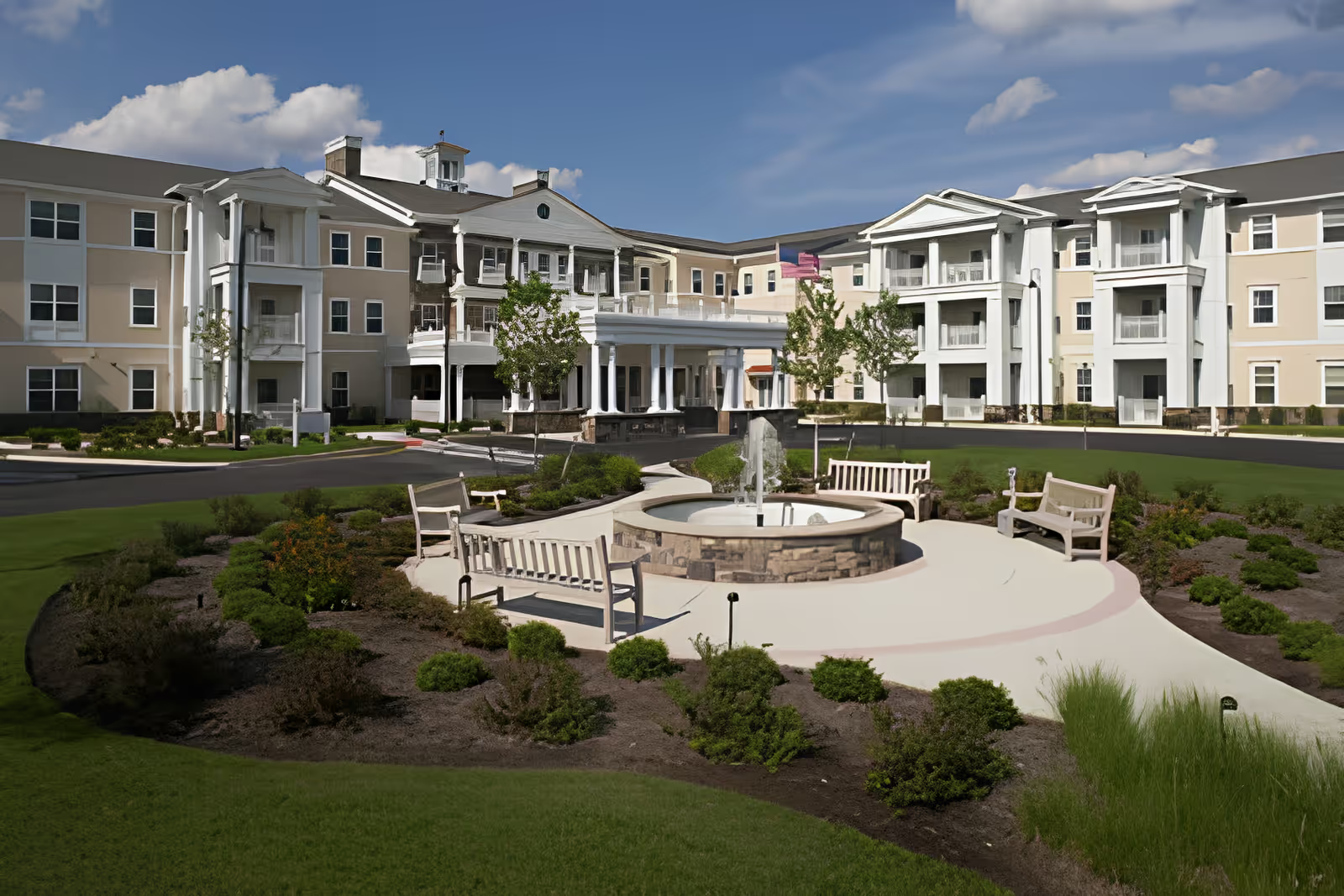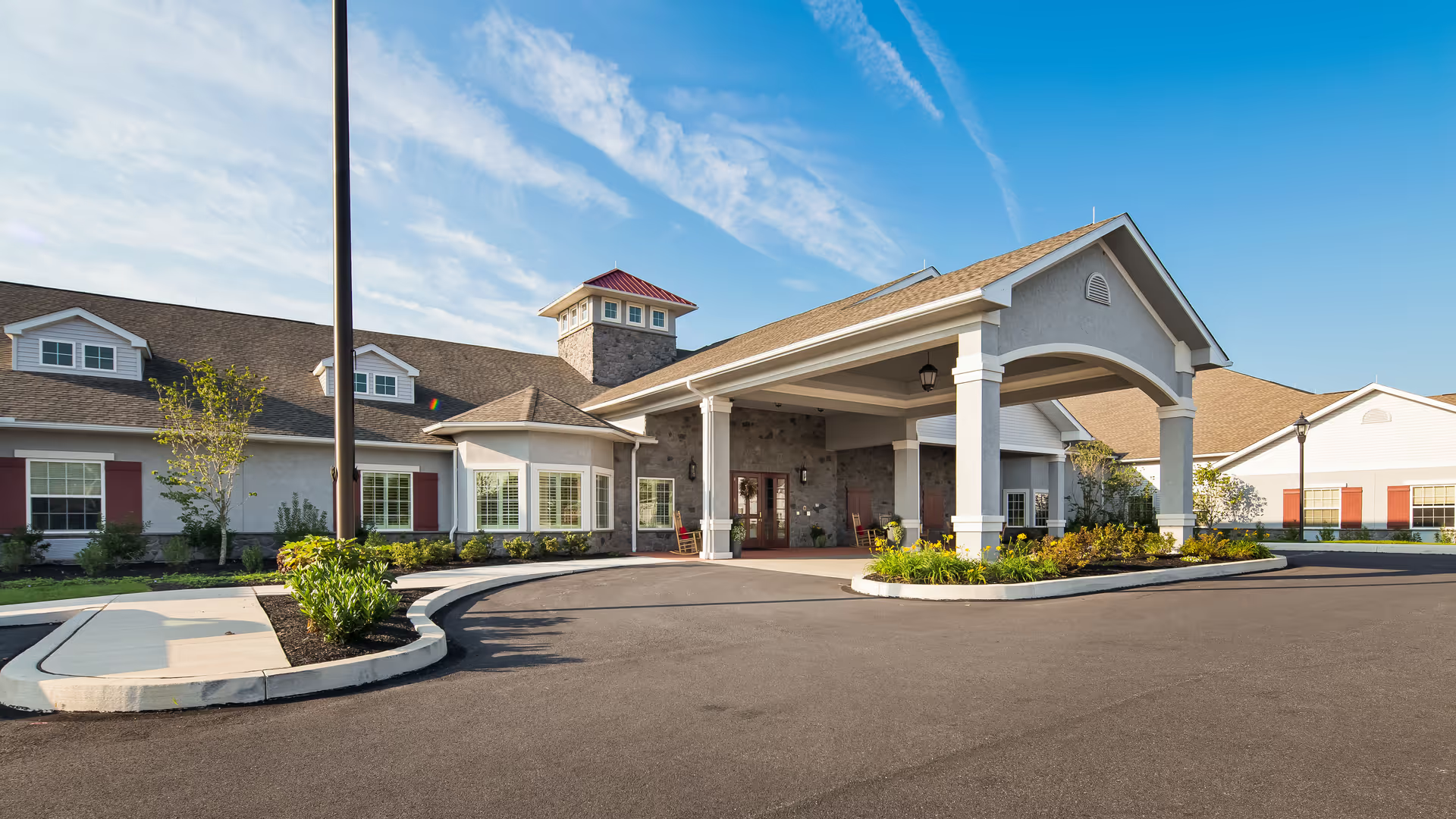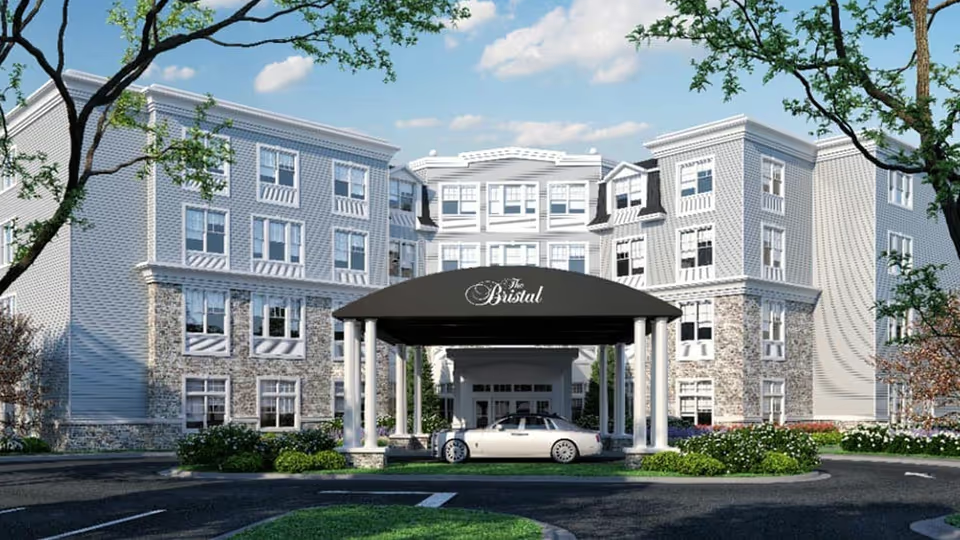Overall sentiment: Reviews of Atria Bethlehem are predominantly positive about the people and the physical environment, with a consistent stream of praise for staff warmth, professionalism and individualized attention. Many reviewers describe the staff as caring, attentive and willing to go above and beyond; leadership and certain managers (frequently named by reviewers) earned particular praise for responsiveness and helpfulness. The facility itself is regularly described as clean, well-maintained and hotel-like, with attractive grounds, a bright dining room and a range of resident amenities (movie theater, library, salon/barbershop, garden/patio and activity rooms). Numerous accounts highlight successful transitions, improved resident well-being, and good short-term stays (respite) that often led to permanent moves.
Care quality and staffing: The dominant theme is that front-line caregivers (aides, nurses, activities staff) are compassionate and resident-focused. Many families credited staff with close attention, proactive communication and quick problem resolution. However, a recurring counterpoint is variability in clinical capacity and staffing levels. Several reviews emphasize that Atria Bethlehem is not a full aging-in-place community — there is limited 24/7 nursing and some reviewers noted that higher-acuity medical needs or advanced memory-care requirements may not be adequately supported. A number of comments reference staff turnover or uneven training of newer personnel, and there are scattered reports of slow responses to falls or medical issues. While the majority praised staff, these operational and staffing caveats appear repeatedly enough to be notable.
Dining and culinary services: Dining provokes strong and mixed reactions. Many reviewers applaud the restaurant-style dining room, elegant table service and a number of positively reviewed meals and chefs; restaurant-quality dining and attentive servers were called out in many positive reviews. Conversely, another large subset of reviewers reports inconsistent food quality, declines since COVID lockdowns, poorly executed hot meals, limited dietary flexibility (few salad/bread choices, repetitive vegetables) and dissatisfaction with some culinary leadership. Some families mentioned that meals were being delivered to rooms or dining access was curtailed during outbreaks, which affected perceptions. In short, dining is a significant strength for many residents but an equally prominent source of complaint for a substantial minority.
Activities, social life and programming: Atria Bethlehem receives frequent praise for an abundant, varied and well-run activities program. Reviews repeatedly mention exercise classes, daily and weekly entertainment, arts and crafts, book clubs, chorus, happy hours, frequent excursions, scheduled trips and well-planned Engage Life monthly calendars. The activity director and programming staff earn high marks for creativity and resident engagement, and residents commonly report staying active and socially engaged. Some reviewers did note scheduling conflicts (e.g., exercise classes overlapping with lunch) and that residents with less mobility or desire to remain in-room may feel less engaged; nevertheless, activities are a clear strength overall.
Facilities, apartments and accessibility: The physical campus is frequently described as attractive, modern, and well-kept with lots of natural light in many units. Common spaces are admired for being bright and hotel-like. Apartments, however, are often characterized as small — studios and one-bedrooms can feel tight and lacking full kitchens, which disappointed those expecting more living space or the ability to cook. Accessibility features such as wheelchair-accommodating layouts, elevators and walker-friendly maneuvering are mentioned positively. Some reviewers wanted larger units (no two-bedroom/two-bath options were noted) and a few called parts of the interior dated or in need of updating.
Management, communication and operations: Many reviews applaud admissions staff and leadership for being informative and helpful during tours and move-in; some even reported successful price negotiation and transparent billing. That said, there are repeated mentions of administrative issues: inconsistent communication, occasional incorrect billing or delayed refunds, and at times misleading information from staff during tours or follow-up. A minority of serious complaints reference unresolved investigations (missing items, alleged neglect, unauthorized staff conduct). While these incidents are not the norm, they are significant and underscore the importance of clear, documented communication and robust resident protections.
Safety, infection control and security: Atria Bethlehem's COVID response and infection-control practices were highlighted as strong by many reviewers; visitation and protocols were managed and many residents were vaccinated. Security features on campus (cameras, alarms) and a generally safe environment were noted. Despite that, a few reviews recount falls with slow staff response times and at least one report of alleged neglect and theft — serious concerns that were reported in a minority of accounts. Families should weigh these rare but serious reports alongside the dominant pattern of attentive caregiving.
Cost, fees and value: Price is a recurring concern. Many reviewers find the community expensive and note rising costs or significant increases over short periods; extra fees for services (medication assistance, bathing, cable, laundry in some cases) were cited. Some families felt the cost was justified by staff and amenities, while others questioned the value given limits on clinical care and inconsistent dining. Several reviewers reported competitive pricing compared to out-of-state options or potential negotiation on price, which suggests some flexibility but also a need for clear upfront cost discussions.
Who this is for and who should be cautious: Atria Bethlehem is often an excellent match for older adults who value active programming, a social environment, lots of daily activities and a well-kept, hotel-like campus with attentive non-life‑support-level care. It is well-suited for individuals who need assistance with daily living but not continuous skilled nursing. Families seeking full aging-in-place capabilities, extensive on-site medical/nursing coverage for advanced conditions, or significantly larger apartments with full kitchens should be cautious. Also, those highly sensitive to food quality or on tight budgets should verify current culinary leadership, sample meals, and examine contract terms carefully.
Bottom line: The overwhelming pattern across reviews is positive regarding staff, environment, activities and many amenities, with frequent testimony to improved resident quality of life after moving in. The most consistent negatives are cost, apartment size, and variable culinary experiences; more serious but less common concerns involve staffing variability, administrative lapses and isolated safety/theft allegations. Prospective residents and families should prioritize an in-person tour, a sample meal, clear questions about levels of care and staffing ratios, a review of all fees and contracts, and conversations about how the community handles clinical escalations and incident reporting.
